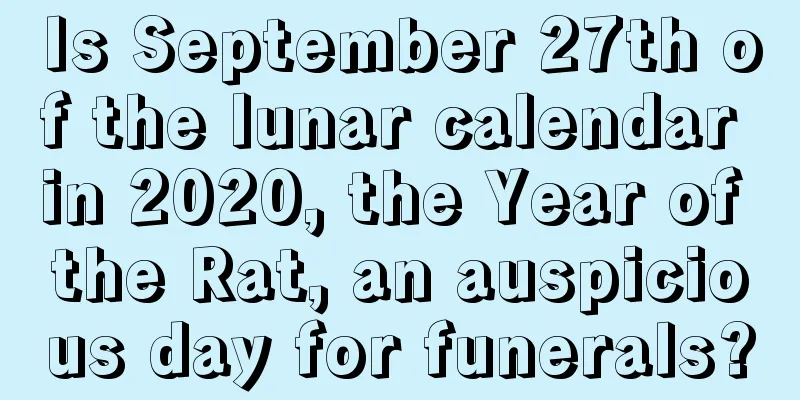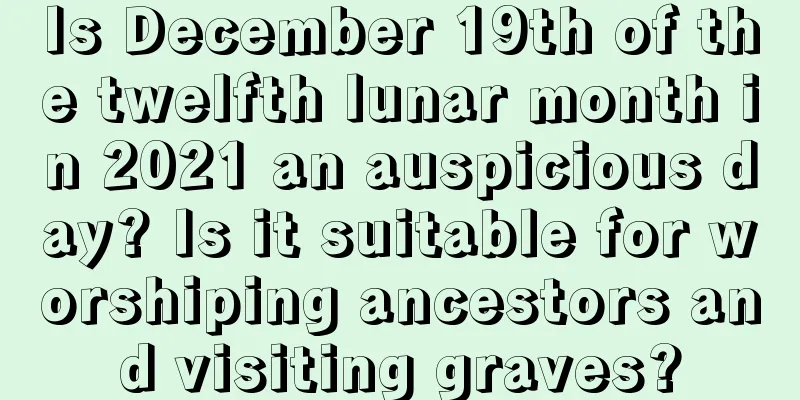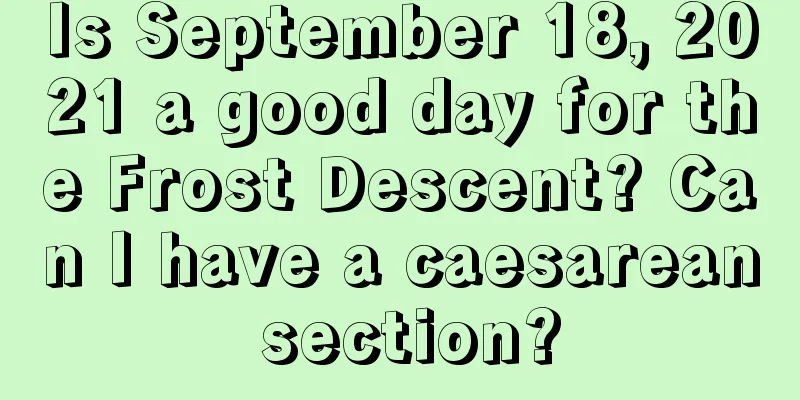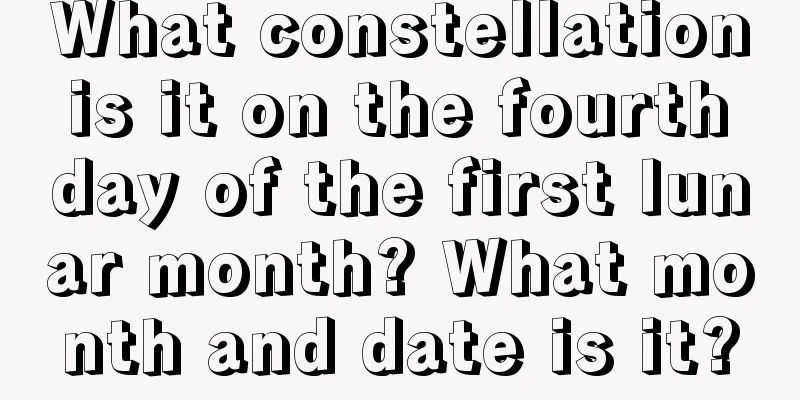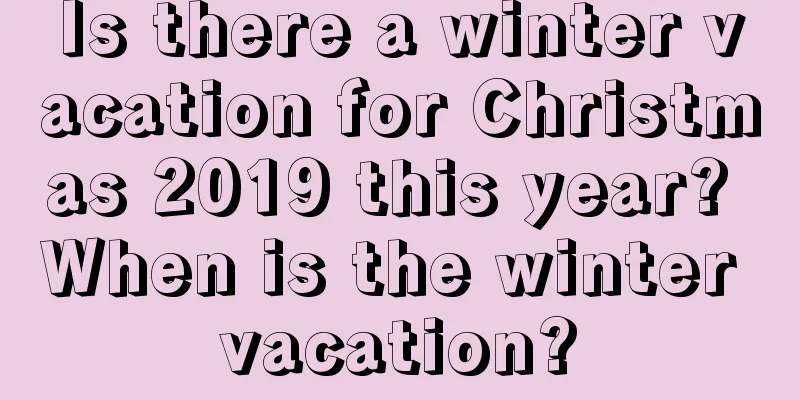Is the Winter Solstice in 2018 a good time? What are the customs of the Winter Solstice?

How is the Winter Solstice 2018? The ancients believed that the Winter Solstice was the day when "Yin" and "Yin" fought against each other. It was a good time to predict whether the year would be sunny or rainy, cold or warm, and even to predict the coming year's disasters and blessings. So what are the customs of the Winter Solstice? Let’s follow Shuimoxiansheng.com to take a look at the relevant content of the eleventh month of the lunar calendar in 2018.How is the Winter Solstice 2018?Lunar calendar time: November 16, 2018 06:21:42Gregorian calendar time: Saturday, December 22, 2018 06:21:42 Heavenly Stems and Earthly Branches: Wuxu Year, Jiazi Month, Wuzi Day Five Elements: Earth Earth, Wood Water, Earth Water Eight Characters: Flat Earth Wood, Sea Gold, Thunderbolt Fire [According to the Old Almanac] Marrying, traveling, migrating, taking up a post, building a house, moving into a new home, opening a business, offering sacrifices, coming of age, attending school, seeking a partner [Taboo in the old almanac] Planting, building, property purchase, digging, damming, releasing water, accepting marriage proposals, praying for children, shipping, laying beams, erecting pillars, burials, drilling, lifting and sailing. Auspicious gods to follow: Sui De, Guan Ri, Jin Kui, Jing An, Long De, Tian Cai. Evil spirits to avoid: Di Huo, Tu Fu, Yue Jian, Yue Yan, Chong Ri. Although the winter solstice in 2018 is not an auspicious day, it is a relatively good day with auspicious stars such as Sui De, Long De and Tian Cai in office, and some larger civil activities can be held there. What customs are there during the Winter Solstice?1. Eating dumplings in the north On the winter solstice of the lunar calendar every year, dumplings are an indispensable holiday meal for northerners, regardless of their wealth. As the saying goes, "On October 1st, the winter solstice arrives, and every household eats dumplings." This custom is left behind to commemorate the "medical saint" Zhang Zhongjing who gave out medicine on the winter solstice. When eating dumplings on the Winter Solstice, most people choose to eat dumplings filled with mutton. The reason is that mutton is warm in nature, and eating it during the winter solstice can warm the yang, help the body get rid of the cold, and also warm the internal organs.2. Eating glutinous rice balls in the south People in the south eat glutinous rice balls during the winter solstice, which is especially popular in the south of my country. Eating glutinous rice balls during the winter solstice is also called "winter solstice dumplings". It means reunion. There is an ancient poem that goes: "Every family makes rice dumplings, knowing that it will be the winter solstice tomorrow." 3. Eating ginger duck in southern Fujian Winter Solstice is also a festival that the people in southern Fujian attach great importance to. Not only do they offer sacrifices to the heaven and ancestors, but every household also needs to take tonic foods by eating warm foods such as ginger duck and four-substance duck. Because the weather enters the coldest period after the winter solstice, Chinese medicine believes that ginger has a warming and tonic effect, and duck nourishes yin and replenishes qi, so the people in southern Fujian still have the custom of taking tonic during the winter solstice. 4. Eating dog meat The custom of eating dog meat during the winter solstice is said to have started in the Han Dynasty. According to legend, Emperor Gaozu of Han, Liu Bang, ate dog meat cooked by Fan Kuai on the day of winter solstice and found it tasted particularly delicious and praised it highly. From then on, the custom of eating dog meat during the winter solstice was formed among the people. Nowadays, people eat dog meat, mutton and various nourishing foods on the day of Winter Solstice, in order to have a good omen for the coming year. 5. Eat red bean glutinous rice. In the water towns of Jiangnan, there is a custom of the whole family gathering together to eat red bean glutinous rice on the night of the winter solstice. According to legend, Gonggong had an incompetent son who committed many evil deeds. He died on the day of the winter solstice. After his death, he turned into a plague ghost and continued to harm the people. However, this plague ghost is most afraid of red beans. Therefore, people cook and eat red bean rice on the day of the winter solstice to drive away the plague ghost and prevent disasters and diseases. 6. Ancestor worship: Because the Winter Solstice is the last tomb-sweeping festival in a year, the number of families who visit tombs during this festival is higher than that during the Qingming and Double Ninth Festivals, which means respecting the dead and remembering the ancestors. |
Recommend
Why do we eat pig's head on the 2nd day of the 2nd month of the lunar calendar?
When the dragon raises its head on February 2, mos...
Is it a good day to install a new door on the fourth day of the tenth lunar month in 2021?
The tenth month of the lunar calendar is also know...
Is it a good idea to open the business on the 24th day of the first lunar month in 2018?
What day is the 24th day of the first lunar month...
Is the fate of a baby boy born on the ninth day of the eighth lunar month in 2018 good or bad? What's your personality like?
Every child born is a wonderful gift from God, but...
What taboos should we pay attention to during the Beginning of Summer?
Introduction: Lixia is the seventh solar term in t...
Is it a good idea to get married on May 21, 2019, as it is the Grain Full solar term? Which zodiac signs are not suitable to get married?
Many couples plan to get married on May 21, 2019, ...
Is there a limit on WeChat red envelopes for the Chinese Valentine’s Day in 2021? Will the amount of WeChat red envelopes be increased during the Chinese Valentine’s Day?
The Qixi Festival is the festival for praying for ...
Is the 29th day of the 12th lunar month in 2017 not suitable for traveling?
Before going on a long journey, Chinese people lik...
Can the deceased be buried on the day of the Beginning of Summer in 2020? What does it mean when there is thunder on the Beginning of Summer in 2020?
Introduction: It is generally necessary to choose ...
How about February 6th, Women’s Day in 2022? Can the funeral be held on this day?
The second month of the lunar calendar is the mont...
When does the dog days of summer begin? Is the Lesser Heat of 2019 the first day of the dog days of summer?
The Lesser Heat solar term is the June Festival, a...
Is Christmas Eve 2019 an auspicious day for sacrifice? What is the meaning of giving pomelo on Christmas Eve?
Introduction: Generally, it is necessary to choose...
Is it okay to get married and get a marriage certificate on the 15th day of the twelfth lunar month in 2021? Is it an auspicious day?
With the arrival of the twelfth lunar month, the a...
Is the 2018 Little New Year suitable for starting renovations? What are the considerations?
Chinese people have always been particular about t...
Is it possible to renovate on the 15th day of the ninth lunar month in 2021? How to choose a date for breaking ground?
It is necessary to choose an auspicious time for t...
